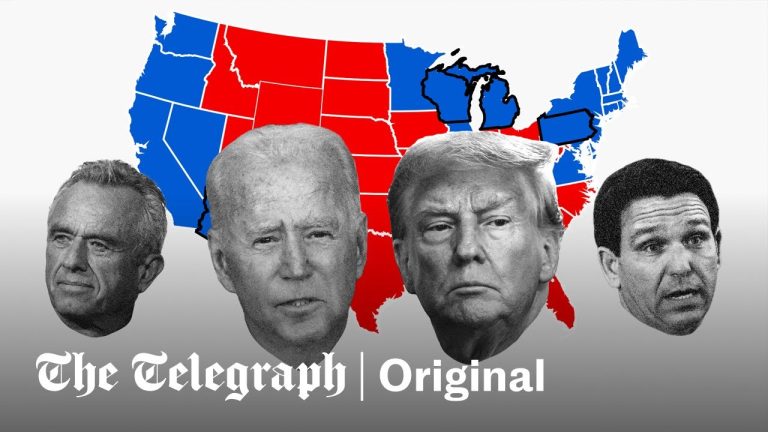All but two states, Maine and Nebraska, use a winner-takes-all system – which means that if a candidate wins the most votes in a state, they take its entire haul of electoral college votes.
In order to become president, either candidate needs to win a majority of the 538 electors in the electoral college – so 270.
Critics have questioned the electoral college system because it does not guarantee the most popular candidate gets to the White House.
For example, in 2016 Hillary Clinton won 48.2 per cent of all votes across the US and Mr Trump 46.1 per cent. But as he won more states, sometimes by a narrow margin, he was elected president.
The 2024 election will be the first since the 2020 census changed the make-up of the electoral college to adapt to shifting population sizes in each state.
Texas has gained two electoral votes, while Colorado, Florida, Montana, North Carolina, and Oregon each gained one. California, Illinois, Michigan, New York, Ohio, Pennsylvania, and West Virginia each lost one.
Super Tuesday is typically the most consequential date in the campaign calendar apart from election day itself.
It sees more than a dozen states vote for Republican and Democrat candidates at once, and the results normally lead to a clear favourite emerging and less popular candidates dropping out of the race.
